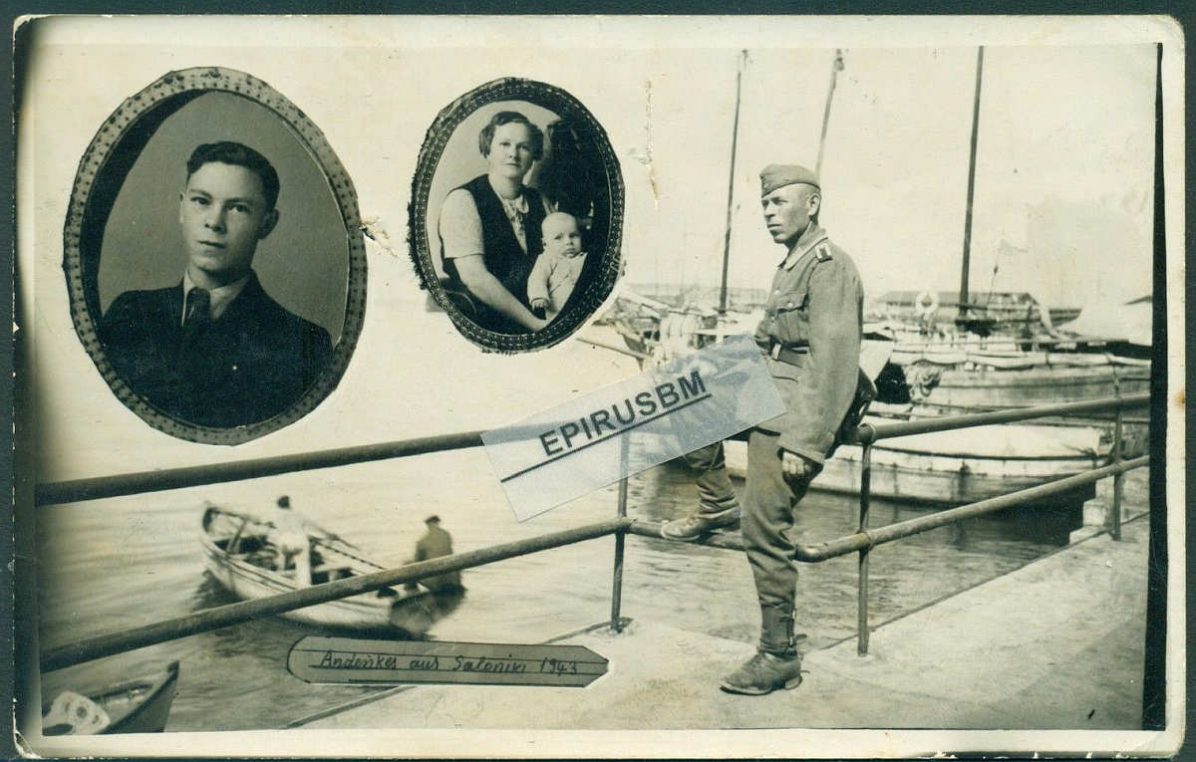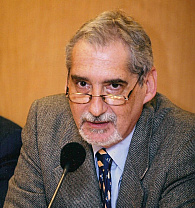| |
Synopsis
Thessaloniki should rightly claim to have played an important role in the war effort during the years 1914-1918 as well as in the final outcome of the war. In a purely operative sense, the Thessalonian theatre demonstrated the distinctive features that made the First World War unlike any other previously seen: stalemates in trench warfare, the use (albeit limited) of poisonous gas, aerial bombardment and skirmishes and the deployment of artillery with an extended range. With regards to war planning, the case of Thessaloniki provides a classic example of regional strategy within a broader conflict. Furthermore, it reflects the importance of secondary fronts, which after a period of relative inactivity, became active at the right moment and ultimately play a decisive role in the final outcome of the war.
Consequently, it is important to address a historical injustice and recognise the fundamental contribution of Thessaloniki as the launching point for the Allies final counter-offensive in 1918. This counter offensive saw the capitulation of Bulgaria, the Ottoman Empire, the Austro-Hungarian Empire and ultimately, Germany and would verify, years before its appearance, the well known domino theory.
Although the Thessalonian theatre was not prominent in terms of strategic priorities, the concentration of force, or even casualties, operations over the three years of its existence were rewarded in the most effective manner.
The lecture will be accompanied by unreleased, fully digitised film material from French military archives.
|
|

